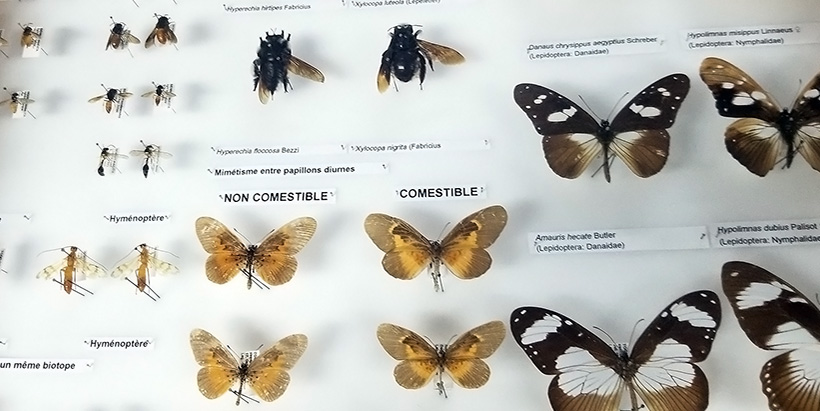
BIMAF
BIORISK MANAGEMENT FACILITY
BIMAF
The Biorisk Management Facility (BIMAF) is designed to facilitate the development of multi-country projects beyond its geographic scope. BIMAF identifies new agricultural challenges and outlines future actions necessary to meet its priority goals. It also emphasizes the need for improved collaboration and coordination with existing strategies. Not only researchers but also the civil society including farming communities, non-government organizations, and public and private structures should be involved to sustainably address challenges posed by biotic stresses and climate change on agricultural production.
Featured Videos
Activities

Introducing West Africa’s largest insect collection
May 22, 2020Quick facts IITA’s insect collection is based in Benin It is the most extensive insect collection in West Africa It has…
Read MoreJATROPHA CURCAS INCREASES RURAL HOUSEHOLD REVENUE AND RESILIENCE TO THE EFFECTS OF CLIMATE CHANGE
August 19, 2018Climate change (CC) mitigation is one of the key arguments for promoting jatropha. It has been claimed that cultivation increases the…
Read MoreCLIMATE CHANGE, BIODIVERSITY, AND NATURE CONSERVATION; The Drabo forest
August 19, 2018From biological control in agricultural fields over to alternate hosts in the surrounding vegetation, it was only a step for IITA…
Read More